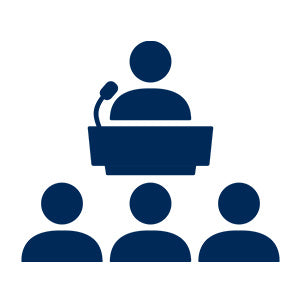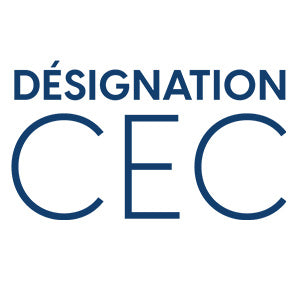Navigating Global Uncertainties, Together
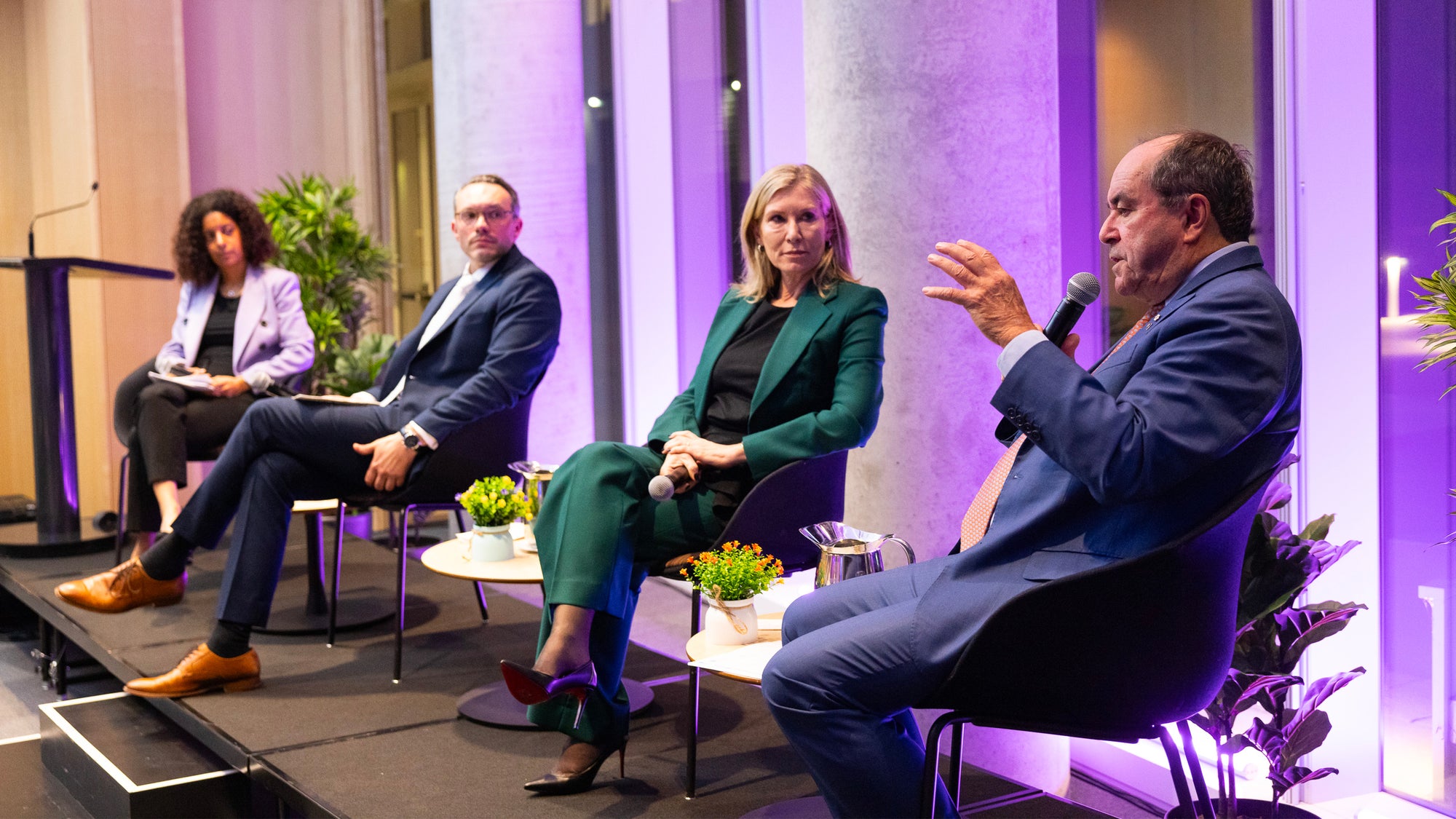
December 10, 2024
With more than 50 armed conflicts currently being waged globally, geopolitical tensions are at their highest levels since the end of World War II. Today’s businesses must take this new and precarious reality into account in their strategic planning.
On November 13, Executive Education HEC Montréal hosted the latest in the Rendez-vous ED series of panel discussions, titled “Ethics and Geopolitics: How to Navigate Global Uncertainties” and moderated by Dominique Anglade, Adjunct Professor and Co-Leader of HEC Montréal’s Sustainable Transition Office.
Three high-profile speakers joined her on stage to reflect on the issues at stake, and provide ideas and guidance on how to move forward in this complex and volatile geopolitical landscape:
- Guillaume Callonico, Managing Director, Cross-Sectoral and Geopolitical Risks, Caisse de dépôt et placement du Québec (CDPQ)
- Magali Depras, President and Founder, Magali Depras Services Conseils Inc., and ESG expert
- Jean-François Lépine, former diplomat, expert in Chinese and Asian affairs, veteran journalist and geopolitical analyst; President and CEO, Solix Globe Inc.; and international affairs commentator for 98.5 FM.
The thought-provoking conversation drew on their collective wealth of expertise and experience to offer up some potential ways forward amid the instability.
A complex global situation
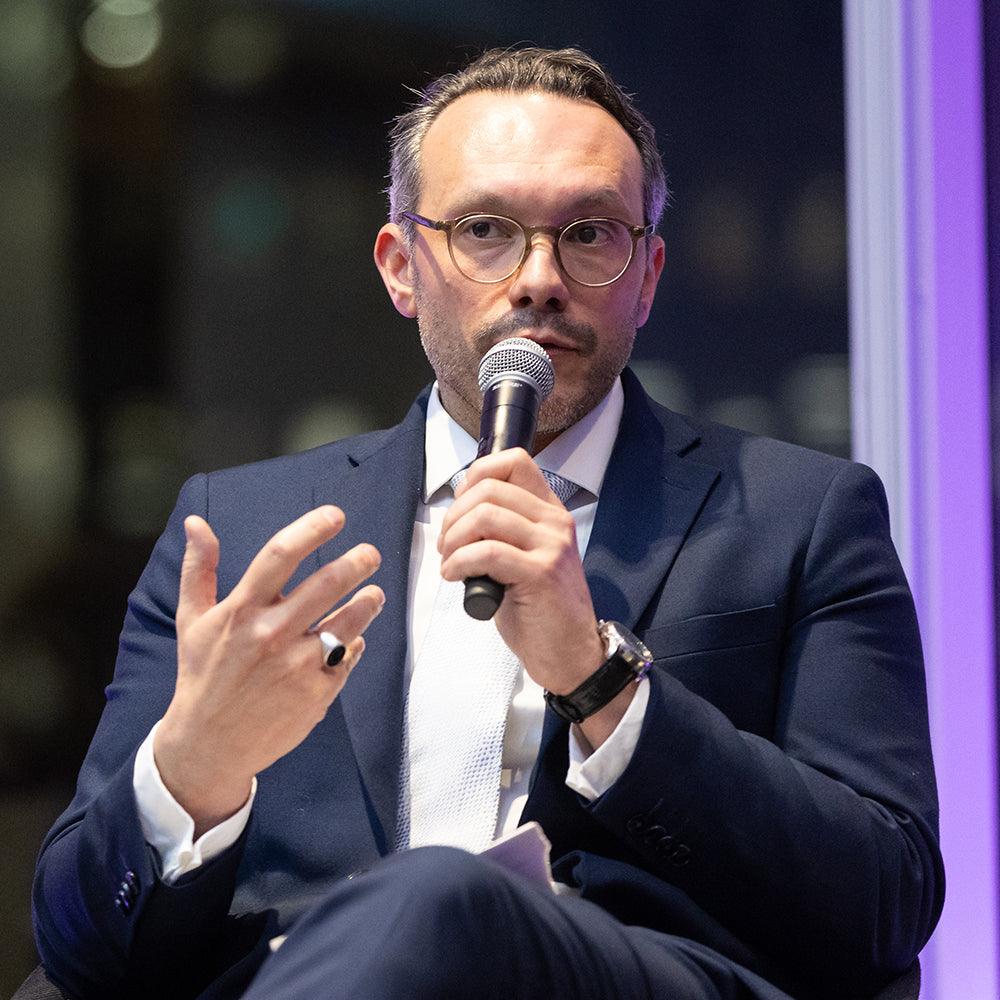
Former politician and party leader Anglade started by describing the geopolitical context as complex, with 50 armed conflicts currently ongoing around the world. She stressed that “there were more liberal democracies at the beginning of the year than there would be by the end.”
The first speaker to take the microphone was Guillaume Callonico. He explained that businesses weren’t in the habit of including the geopolitical backdrop into their analysis, given how stable things have been for several economic cycles. The Russian invasion of Ukraine marked a turning point, however, and showed just how fragile this balance actually is. But it was scarcely the first such event. “There were many violations of international law before this conflict erupted,” he said.
Jean-François Lépine added that governments were lacking in experience when it came to dealing with these new and multifaceted geopolitical realities. He pointed to the global rise of autocratic regimes, promising their people a prosperous economy, in contrast to what the Soviet era had to offer. “The world’s democracies no longer have a monopoly on the pursuit of happiness.”
Lépine said that several countries had crossed what he called the “red lines” that had been set by leading democratic nations. The outcome has been an erosion in the values once held as sacrosanct and in the public’s trust in international organizations that had maintained a certain global order since World War II. This has coincided with growing insensitivity to human suffering, fuelling a climate of deep insecurity.
The result is a world that is rife with anxiety, said Magali Depras, who contends that the watchword for today’s business is “risk.” Big companies have had to shed some of their riskier investments in an effort to reduce their exposure to risk or keep it at bay, manage supply chain disruptions and respond to inflated costs of raw materials.
“There is a whole spectrum of risks associated with the geopolitical situation, and companies aren’t used to thinking about them,” said Depras. “But it’s important for them to be responsive to this current crisis all the while remaining proactive and forward-thinking, taking steps to mitigate these risks and seek out new opportunities.
Institutions in crisis
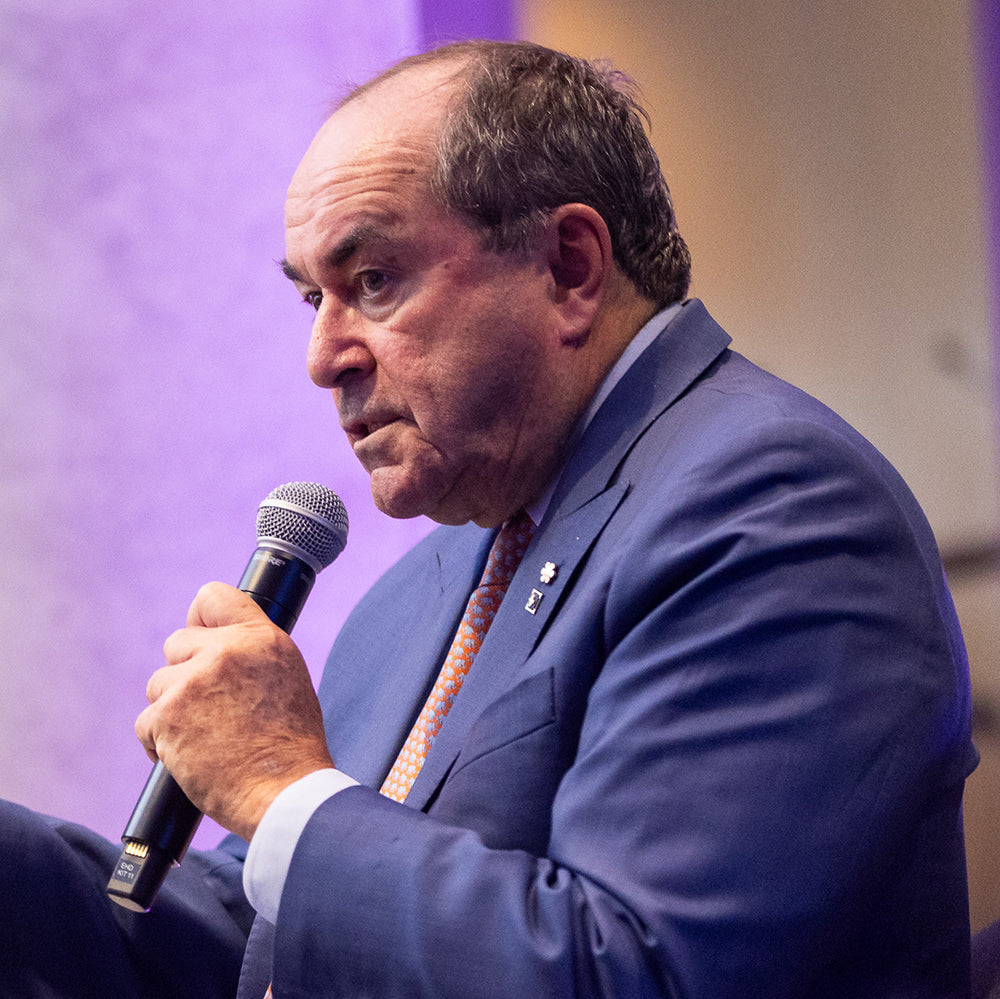
Lépine said world institutions are in a state of crisis. He spoke specifically about the electoral victory of Donald Trump, who considers that global alliances are bad for the United States, preferring a transactional approach to world problem-solving. He cited The Economist’s use of the term “kakistocracy,” or government run by the worst. The incoming president’s popularity is a reflection of what is happening worldwide, as organizations that have upheld global stability for the past 75 years lose ground and lose influence. New forces have emerged, like BRICS and the Asian Infrastructure Investment Bank, as control over traditional institutions tends to elude autocratic regimes.
For Depras, all this boils down to a crisis of faith in the pillars that once underpinned social structure and peace. According to recent surveys conducted by the Organisation for Economic Co-operation and Development, less than half of the people polled said they found these institutions reliable. And yet the Edelman Trust Barometer shows that 76% of Canadians trust their employers. This means that businesses have a pool of goodwill they can draw on. Depras went on to talk about private initiatives that are being undertaken to address the major environmental and social issues of our times.
Callonico believes that the lack of cohesion among international organizations has resulted in democratic backsliding, which is conducive to the rise of nationalist populism and protectionism. This in turn leads to an emphasis on domestic investment and the creation of financial incentives to attract investors. “The most successful businesses of tomorrow are the ones that are able to build up their resilience in terms of energy, security and geostrategy today,” he said.
The foundations of a new world order?
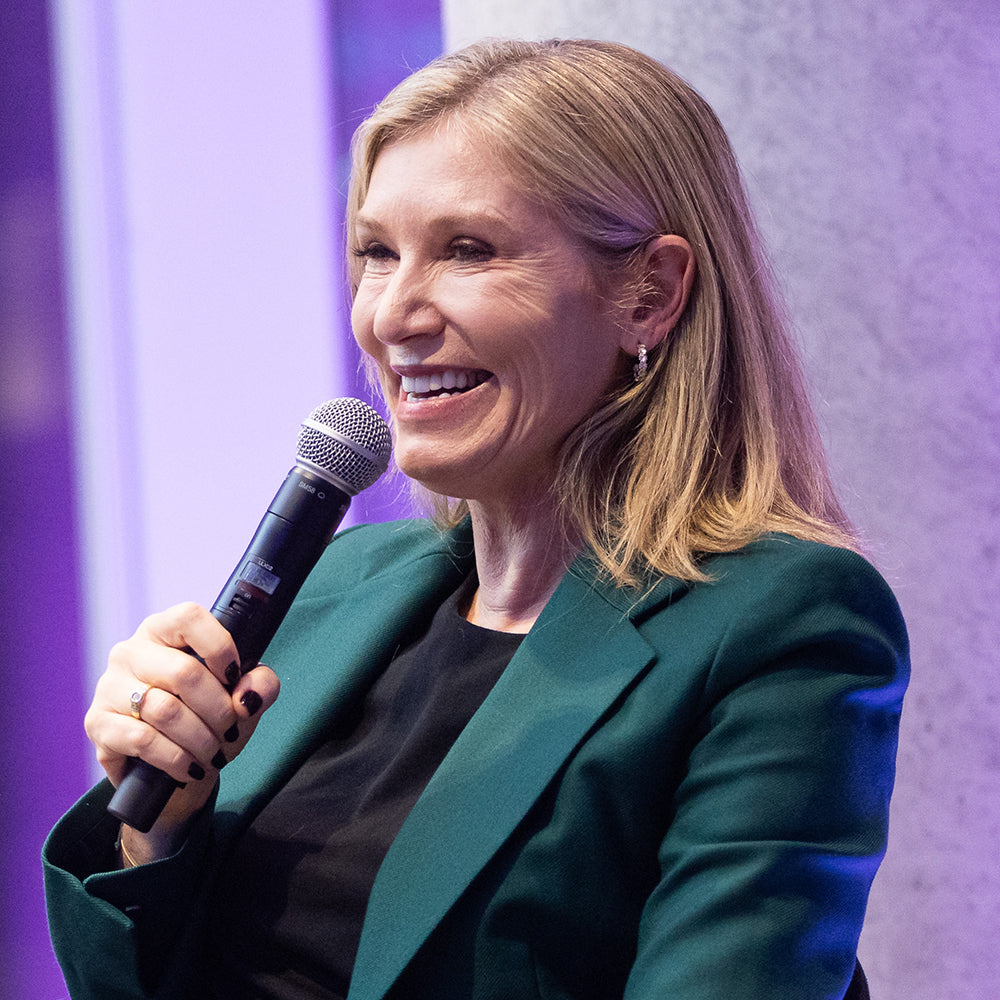
Despite the gravity of the stakes involved, Depras remains optimistic. She believes that, ultimately, it is up to us to choose the society we want to live in. We have to ask ourselves what kind of legacy we want to leave to future generations and do what we can to join forces around shared priorities. She also believes education is the key: “We don’t all have to agree on everything, but we do have to be able to make informed decisions. At the corporate level, this means we have to think about long-term outcomes, stay true to our values and work together. None of these issues can be solved by any one of us acting alone.”
Callonico is similarly confident about what lies ahead: “North America is in a better position than anywhere else to weather the geopolitical storm that is raging and will continue to rage for some time.” To support his statement, he held up a series of traits unique to the continent: its geography, surrounded by three oceans that put distance between it and major zones of conflict; its abundant energy resources, which means it doesn’t have to export energy from other markets, and its demographics, as the only developed nation in the world that continues to attract large numbers of immigrants.
He went on to say that “North America is the most sheltered area in the world from geopolitical instability,” which is why it will probably be one of the places businesses will focus their operations, investments and energies going forward.
Closing out the discussion, Lépine stressed the importance of political stakeholders doing what they say and saying what they do, and working hard to remain attuned to their constituents’ expectations. He called for environmental issues to be incorporated more proactively into our processes to make them drivers of greater efficiency. He also suggested taking a closer look at how the public and private sector can work together, with governments consulting businesses to determine how to best support them and developing an efficient regulatory framework. He concluded by saying that “rebuilding the world in a more positive way starts with us.”
This Ce Rendez-vous ED event was made possible by the support of the founding members and partners of the Certification in Ethics and Compliance program at Executive Education HEC Montréal. Our thanks go out to CDPQ, Hydro-Québec, the Commission de la construction du Québec, Desjardins and KPMG.

Review the program
Discover our Certification in Ethics and Compliance
Learn more about our upcoming events

